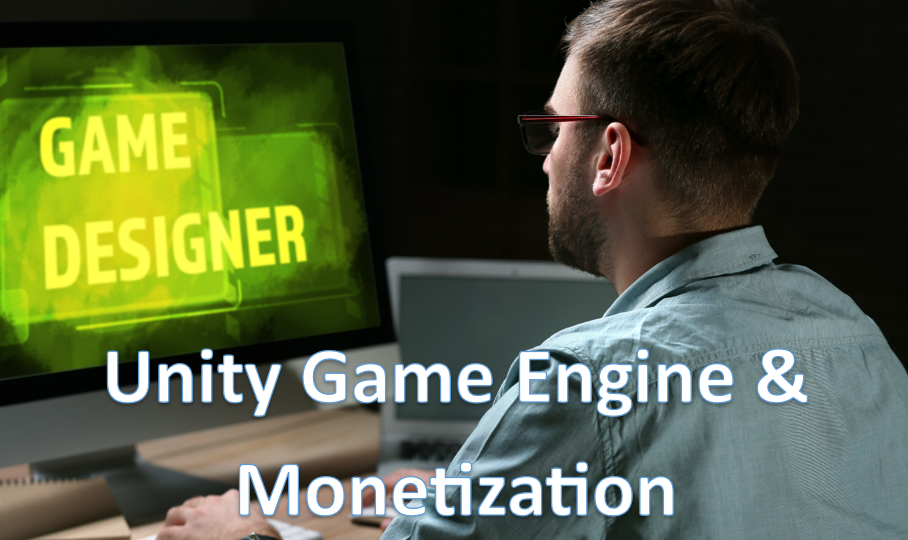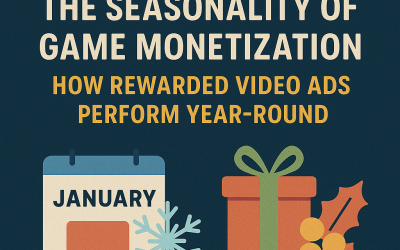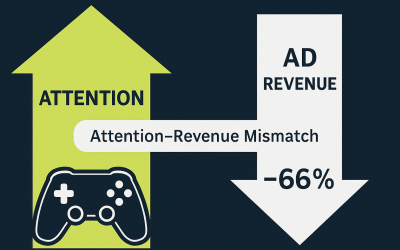Unity sailed into stormy seas recently, catching some hefty winds for the not-so-good reasons. But lo! The ship has righted its course! I did write few things we can learn from the situation.
Let’s pause on fees for now and talk about the revenue making potential of games made with unity engine. What monetization opportunities does Unity Game Engine provide? In this post, I will try to go over some of the monetization options the engine provides. For easy following, I have the clickable highlights here
[ez-toc]
Contents
A Swift Change in Course
Amidst a tempest of criticism from gallant game developers worldwide, Unity hoisted the white flag and amended its freshly announced Unity Runtime Fee policy. Initially marked by charging developers for every game installation, this move was blasted for its abruptness and seeming disregard for the intricacies of subscriptions and piracy. 🏴☠️
But Hark! The winds have shifted. Unity has now eased the financial burden on the budding creators and existing games, nodding to their oversight in neglecting valuable developer feedback prior to hoisting the new policy’s flag.
A Glimpse into the Treasure Chest: Monetization Opportunities!
Let’s anchor our ships here and gaze upon the gleaming horizons of revenue-making potentials that the Unity Engine unfurls. What bounty does this engine offer for monetization?
What Be This Unity?
Unity is a swashbuckling game engine, sailing seamlessly between the realms of 2D and 3D game development. After navigating away from Boo and UnityScript, it now predominantly charts its course with C# for scripting. It’s akin to a magic map, offering a drag-and-drop functionality amidst its powerful scripting capabilities for easy game creation. 🗺️
A Tale of Two Dimensions: 2D & 3D

For the 2D and 3D game buccaneers, Unity unveils a trove of features, ensuring optimal performance across diverse platforms supported by the engine. Meanwhile, Unity’s support for different render pipelines like the HDRP and URP (though incompatible with each other), ease the transitions for developers.
The Handy Toolbox
Beyond these, Unity extends a hand with services like Unity Ads, Unity Analytics, and Unity Cloud Build, simplifying various facets of game development and monetization.
Unity’s Golden Coins: Monetization
Ahoy! List ye here some known monetization options with the Unity Engine:
- Unity Ads:
- Description: A key to the treasure, allowing seamless integration of ads into games.
- Benefit: Earn pieces of eight while enhancing player engagement with rewarded video ads.
- In-App Purchases (IAP):
- Description: Another path to riches, supporting in-game purchases to enhance gaming experiences and revenue streams.
- Unity Asset Store:
- Description: A bustling marketplace for buying and selling assets, tools, and services.
- Benefit: A way to earn doubloons and contribute to the broader Unity developer community.
Pros & Cons: Weighing the Scales
But beware! Sailing the seas of monetization with Unity involves various strategies and each has its own boon and bane.
Pros:
- Global Reach: Unity’s vast network unfurls the potential to reach a global audience, bolstering the potential for revenue generation.
- Ease of Implementation: Even the greenest of sailors can effectively monetize their games with Unity’s straightforward tools.
Cons:
- Ad Interruptions: Beware the choppy waters of in-game advertisements potentially leading to lower player satisfaction and retention.
- Revenue Share: Unity claims a share of the bounty, which can diminish the overall revenue for developers.
So, there is a general misconception about “Dependence on Unity Network” when it comes to Monetization. Developers are certainly reliant on Unity’s network and infrastructure when it comes to many things, but not monetization! Here at AppLixir, serve several Unity Games especially those interested in Web and Mobile-Web game development.
To conclude, Unity did certainly annoy a lot of Unity Game Engine users but at the same time does provide a lot of tools to support and monetize games.



